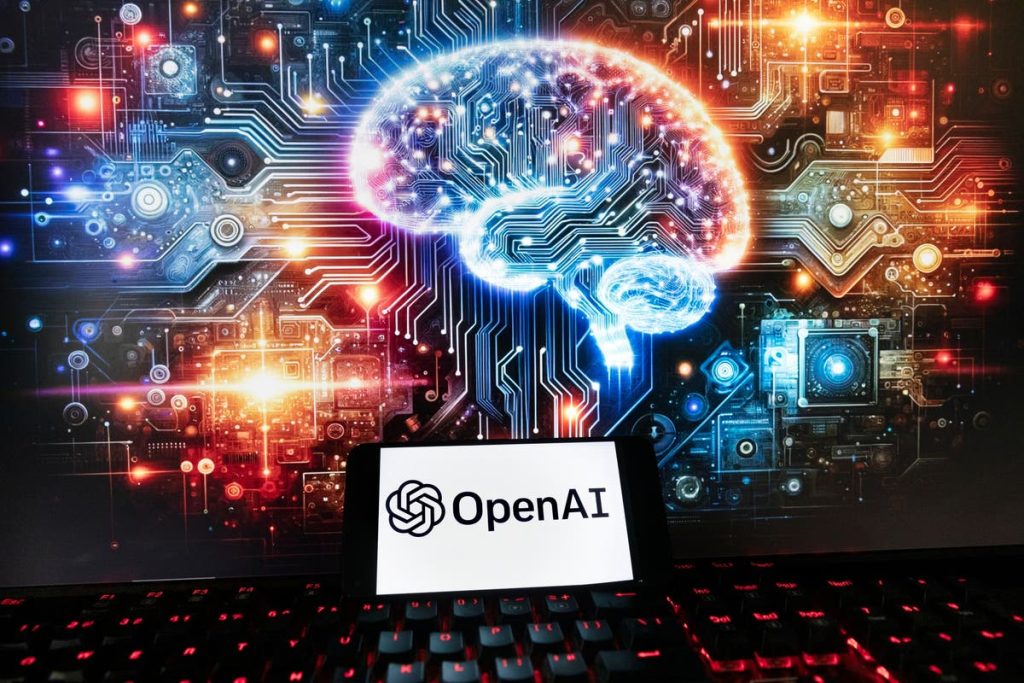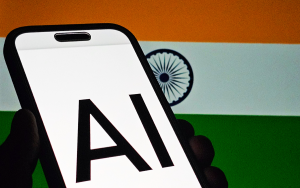Dire Warnings from AI Experts: The Human Extinction Risk

A group of former and current employees from top Silicon Valley firms has taken a bold step. These experts are sounding the alarm on the potential dangers of artificial intelligence (AI). They caution that without stronger protections, AI could lead to “human extinction.”
In an open letter, these 13 experts from renowned companies like OpenAI, Anthropic, and Google’s DeepMind stress the need for safeguards. They highlight that AI technologies, including artificial general intelligence (AGI), could entrench existing inequalities, spread misinformation, and even lead to the loss of control over autonomous AI systems. They emphasize the importance of allowing researchers to voice their concerns openly.
AI Experts Sound the Alarm
A group of current and former employees from major Silicon Valley firms have issued a dire warning about artificial intelligence (AI). They stress that without additional safeguards, AI could lead to “human extinction.” In an open letter, 13 experts from companies like OpenAI, Anthropic, and Google’s DeepMind called for stronger protections to allow researchers to voice concerns freely.
These experts believe that AI technologies, including the highly anticipated artificial general intelligence (AGI), could pose severe risks. They argue that AI systems could entrench existing inequalities, spread misinformation, and even lead to “the loss of control of autonomous AI systems potentially resulting in human extinction.” It’s not just about the technology; it’s about ensuring the people behind it can speak up without fear.
Financial Incentives vs. Effective Oversight
The letter emphasizes that AI companies have “strong financial incentives to avoid effective oversight.” This concern is not unfounded; the drive for profit can often overshadow the need for ethical considerations. The experts argue for a balance where innovation doesn’t come at the expense of safety and accountability.
Neel Nanda of DeepMind highlighted the issue on social media, stating, “Any lab seeking to make AGI must prove itself worthy of public trust.” He stresses that having a robust and protected right to whistleblow is a crucial first step in this direction.
The call for transparency is underscored by recent events at OpenAI. Departing employees were reportedly pressured to choose between losing vested equity or signing a non-disparagement agreement. Though OpenAI eventually lifted this requirement, it exposed the challenges employees face when attempting to speak out.
[twitter-embed-display twitter_url=’https://twitter.com/NeelNanda5/status/1797991549831442871′]
Notable Voices and Recent Controversies
OpenAI has been at the center of several controversies lately. Actress Scarlett Johansson accused OpenAI of using her voice without permission as a model for one of its products. Despite her explicit refusal, the company denied these claims.
In another significant move, OpenAI disbanded a team dedicated to researching long-term AI risks less than a year after its formation. This decision has led to numerous top researchers leaving the firm, including co-founder Ilya Sutskever.
The company’s actions have raised questions about its commitment to long-term safety, especially when it comes to advanced AI technologies. The shake-ups and departures highlight the internal struggles within the organization as it navigates the complex landscape of AI development.
AI Companies Respond
OpenAI has defended its practices, claiming they have taken steps to ensure employee voices are heard. This includes an anonymous hotline for workers and a Safety and Security Committee scrutinizing the company’s developments.
An OpenAI spokesperson emphasized, “We’re proud of our track record providing the most capable and safest AI systems.” The company also pointed to its support for increased AI regulation and voluntary commitments around AI safety.
However, the recent controversies and the open letter suggest that these measures may not be enough. The demand for stronger protections and greater transparency continues to grow as the AI field evolves.
Public Trust and the Future of AI
Building public trust in AI technologies is crucial for their future development. The experts argue that for AI to reach its full potential, companies must prove themselves worthy of public trust. This involves not only ensuring the technology is safe but also that those developing it can speak out freely without fear of retaliation.
The recent open letter and subsequent actions by AI firms highlight the ongoing struggle between innovation and oversight. As AI technologies become more advanced, the need for stringent safety measures and ethical considerations becomes increasingly important. The debate over how to balance these aspects will likely continue as the field progresses.
In conclusion, the concerns raised by these AI experts are a call to action. They urge for stronger protections and greater transparency to ensure the safe and ethical development of AI technologies. As the field of AI continues to evolve, addressing these concerns will be crucial for its future success.
In summary, the concerns expressed by AI experts highlight the urgent need for stronger protections and greater transparency in the field of artificial intelligence. They emphasize that without these measures, the potential risks, including human extinction, could overshadow the benefits. Increasing accountability and encouraging open dialogue are seen as critical steps to ensure the safe and ethical advancement of AI technologies. The future of AI hinges on building public trust through robust safeguards and ethical considerations.





